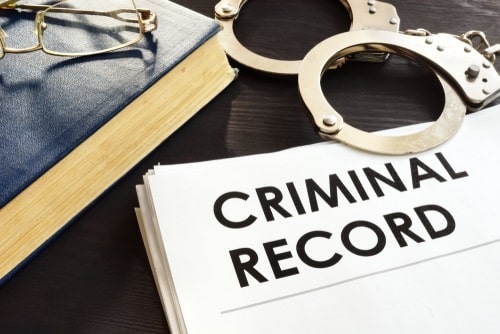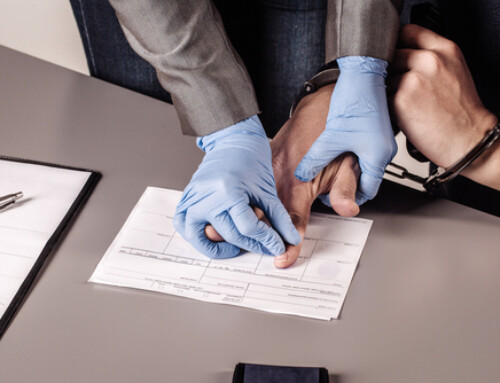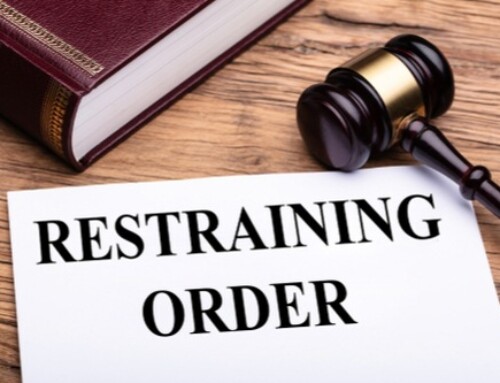If you have a criminal record, you know the consequences all too well. Even if you received a “not guilty” verdict or successfully completed a pretrial diversion program, simply having a case on your record is enough to create problems for your education, housing, and career. If you have a conviction on your record, you have likely lost out on many opportunities altogether, and it could take years or decades to get your life back on track—if you are ever able to get your life back on track at all.
Given that this is the case, it is important that you file for expungement if you are eligible to do so.
When you file for expungement in South Carolina, your record is wiped clean of the relevant charge or conviction. It no longer shows up on background checks, and you no longer have to disclose it on most types of applications. As a result, filing for expungement can truly provide a new lease on life. If you have questions about filing for expungement in South Carolina, here is an overview of what you need to know:
Types of Criminal Records that Are Eligible for Expungement in South Carolina
Under South Carolina law, only certain types of criminal records are eligible for expungement. As summarized by the South Carolina Courts, those that are eligible for expungement include:
- Non-Convictions – If you received a “not guilty” verdict, if the judge dismissed your charges, or if the prosecutor’s office decided not to prosecute your case, you are eligible for automatic expungement. However, there are certain exceptions, including exceptions for charges involving traffic offenses, fish and game offenses, and violations of county and municipal ordinances.
- Pretrial Diversion – You may be able to file for expungement if you avoided a conviction by completing one of South Carolina’s pretrial diversion programs. This applies specifically to individuals who completed the pretrial intervention (PTI), the Alcohol Education Program (AEP), or the Traffic Education Program (TEP).
- Misdemeanor Fraudulent Check Conviction (First Offense) – If you were convicted of a misdemeanor fraudulent check law violation as a first-time offender, you are eligible to file for expungement after one year as long as you do not get another conviction during this one-year waiting period.
- Simple Possession of Marijuana or Other Drugs (First Offense) – If you were convicted of simple possession of marijuana or certain other drugs, you can file for expungement if you received a conditional discharge and successfully completed your sentencing requirements. As the South Carolina Courts explain, “[a] conditional discharge means that the court offered the defendant certain conditions, such as treatment and rehabilitation, instead of being found guilty.” If you were convicted of possessing a drug other than marijuana, a defense lawyer can determine whether you are eligible to file.
- Crimes Carrying No More than 30 Days of Jail and a $500 Fine (First Offense) – Most crimes carrying no more than 30 days of jail time and a $500 fine are eligible for expungement after three years. The waiting period is five years for domestic violence convictions, and traffic offenses, motor vehicle offenses, and wildlife and game offenses are not eligible.
- Failure to Stop When Signaled By a Law Enforcement Vehicle (First Offense) – If you received a conviction for failing to stop when signaled by a law enforcement vehicle as a first-time offender, you can file for expungement after three years provided that the incident did not involve bodily injury and you have not received any additional convictions.
- Juvenile and Youthful Offender Cases – Juveniles and individuals who were under 24 when they got convicted have more opportunities to file for expungement than older adults. If you have questions about filing for expungement of a conviction you received as a juvenile or youthful offender, we encourage you to contact us for more information.
Any record not included on the list above is currently ineligible for expungement in South Carolina. This includes most types of traffic offenses, most violent crimes and drug crimes, and any convictions you received as a repeat offender. Unfortunately, South Carolina’s expungement law is fairly limited, and many types of convictions that are eligible for expungement in other jurisdictions are not eligible for expungement in the Palmetto State.
How to File for Expungement in South Carolina
Expungements are handled in South Carolina’s Magistrate and Municipal Courts. Unless you are seeking expungement of a non-conviction, “the first step is to contact the Solicitor’s office in the judicial circuit where the charge originated.” You will then need to fill out an application for expungement, provide any requested court documents, and pay three separate fees—an administrative fee to the Solicitor’s office, a filing fee to the Clerk of Court, and an additional fee to the South Carolina Law Enforcement Division (SLED). These fees are non-refundable regardless of the outcome of your expungement application.
Once you file your application and pay the required fees, the Solicitor’s office and SLED will examine your eligibility. If they determine that you are eligible, the Solicitor’s office will seek a judge’s approval. If the judge approves, he or she will then order that all records related to your charge or conviction be destroyed.
At this point, the Solicitor’s office will provide you with a copy of the expungement order. Importantly, even though this should be the end of your expungement case, the South Carolina Courts recommend that you request a copy of your criminal record from SLED one to two months after receiving the order, “to make sure the expungement worked.”
Request a Free Initial Consultation with a North Charleston Defense Lawyer
While filing for expungement should be a fairly straightforward process if you are eligible, various challenges can arise. As a result, it is a good idea for most people to seek help from a defense lawyer. If you live in North Charleston or your case was in North Charleston and you would like to know more, we encourage you to call 843-225-5723 or contact us online for a free initial consultation.






